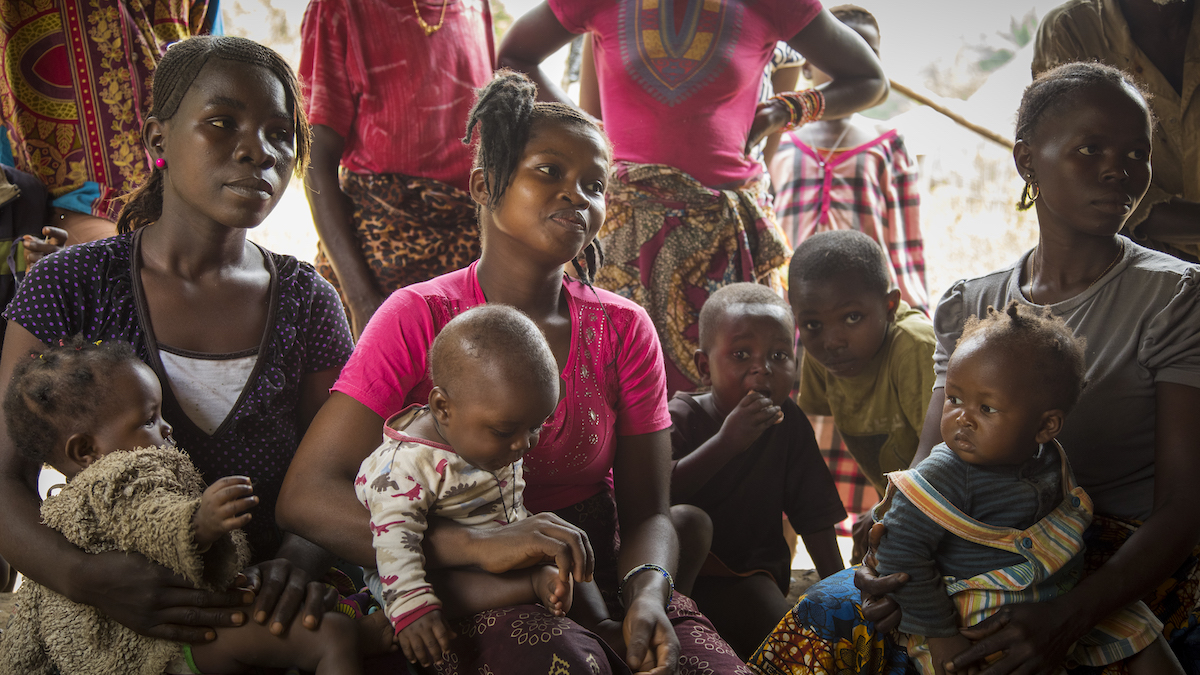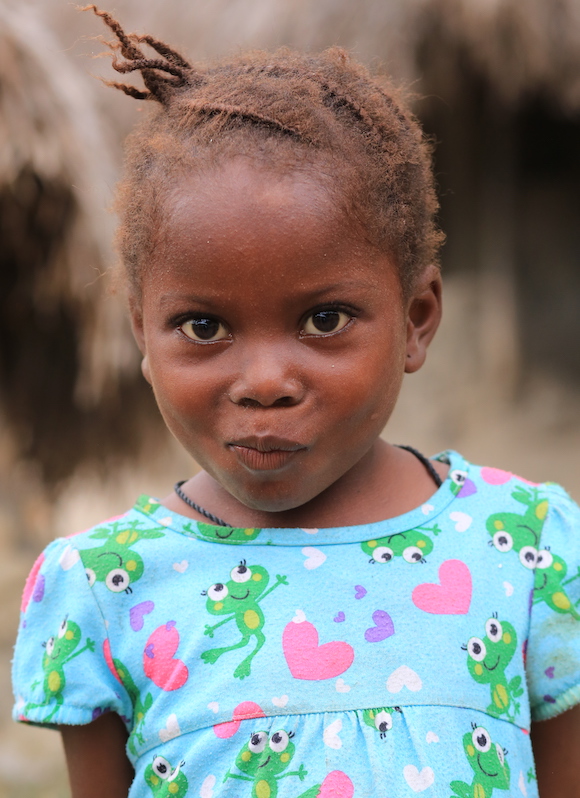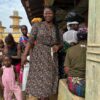
1370
While 1 in 31 of birthing women in Sierra Leone succumb to life-ending complications, RHCI’s patients have access to skilled medical care, transportation, and learning opportunities.
Pregnant women from more than 50 villages spend their final weeks of pregnancy and recover at RHCI’s Mbao-mi Mother’s Waiting Home.
Breakthroughs
Vaccination Access
RHCI partners with local health centers to distribute UNICEF-donated vaccines throughout the Cheifdom. Since 2016, RHCI provides transportation and assists in the distribution of insecticide-treated bed nets, Vitamin A, deworming medication, Polio and Measles vaccinations during the annual nation wide campaigns. In 2023, RHCI has embarked on a program in partnership with the local health clinics to find and update children who are behind on their immunizations and preventive treatments.
Over 20,000 Child Health Encounters
RHCI’s motorbikes and three 4-wheel drive trucks transport health care workers, critical patients, pregnant and post-partum mothers and babies, medicines, and supplies to the villages in the Tikonko Chiefdom. Since the Motorbike Outreach Clinic opened in October 2015, over 20,000 child health visits have been provided. Eight villages are currently served by the Motorbike Outreach Clinic. In addition, RHCI provides support to two remote peripheral health units (Sembehun Tarbema and Kassama).
Tikonko Chiefdom’s unmaintained, dirt roads and miles of footpaths greatly restrict transportation and health care access.
Over 100 Community Health Workers
Over 100 Community Health Workers live in and serve the villages in Tikonko Chiefdom. RHCI partnered with Midwives on Missions of Services (MOMS) to transition 85 traditional birth attendants into higher skilled community health workers (CHWs) with month long trainings in 2015, 2019 and 2020. Other trainings have included Helping Babies Breathe and Essential Care for Every Baby. In 2022, 74 community health workers received training on Child Malnutrition prevention, detection and treatment. An additional training was also held to train the CHWs to assist the Newborn Home visit nurses, to recognize the danger signs in newborns and to make appropriate referrals to the health center for care.
5 Farmed Acres
RHCI’s agricultural plot harvests vegetables, bananas, pawpaw fruit, pineapple, peppers, sweet potatoes, greens, onions, tomatoes and other produce to feed the mothers and staff at the Mbao-mi Mothers’ Home. Major advancements are in progress using best practices in agriculture to increase production of crops that are high in protein. RHCI has partnered with Njala University Agriculture Program and is aiming to be a demonstration site for the local farmers to learn ways to increase crop yield. Women staying at Mbao-mi also receive agriculture education to bring back to their farms. RHCI continues to provide resources to two Farm Based Organizations, in the remote villages of Kpetkuma and Julian.
Approach
52 years = the average lifespan
Poverty, food insecurity, isolation, and lack of transportation combine to destabilize families and promote disease. As always, women and children are the hardest hit.
Public health. Community partnerships.
RHCI provides public health expertise and investments to seed community-based health solutions that advance Tikonko Chiefdom’s existing maternal and child health services.
Before RHCI, pregnant women in labor walked hours—day and night, in rain and heat —to access labor and delivery facilities at the local Community Health Centers.
Babies born along the way and mothers with complications didn’t survive. With RHCI’s Mbao-mi Mother’s Home and Gondama Birth Waiting Home, mothers make the trip in advance of labor and receive medical supervision, education services, nutritious food, and transportation to delivery facilities.
RHCI’s Children’s Health Program works to protect each child against malnutrition, malaria and other common infections. Food and nutrition programs strive to increase food sourcing.



